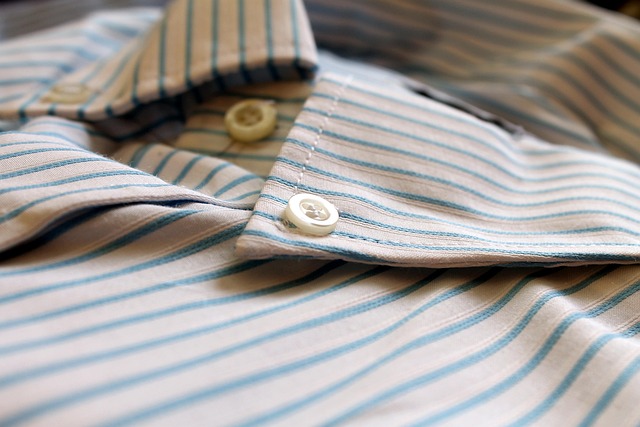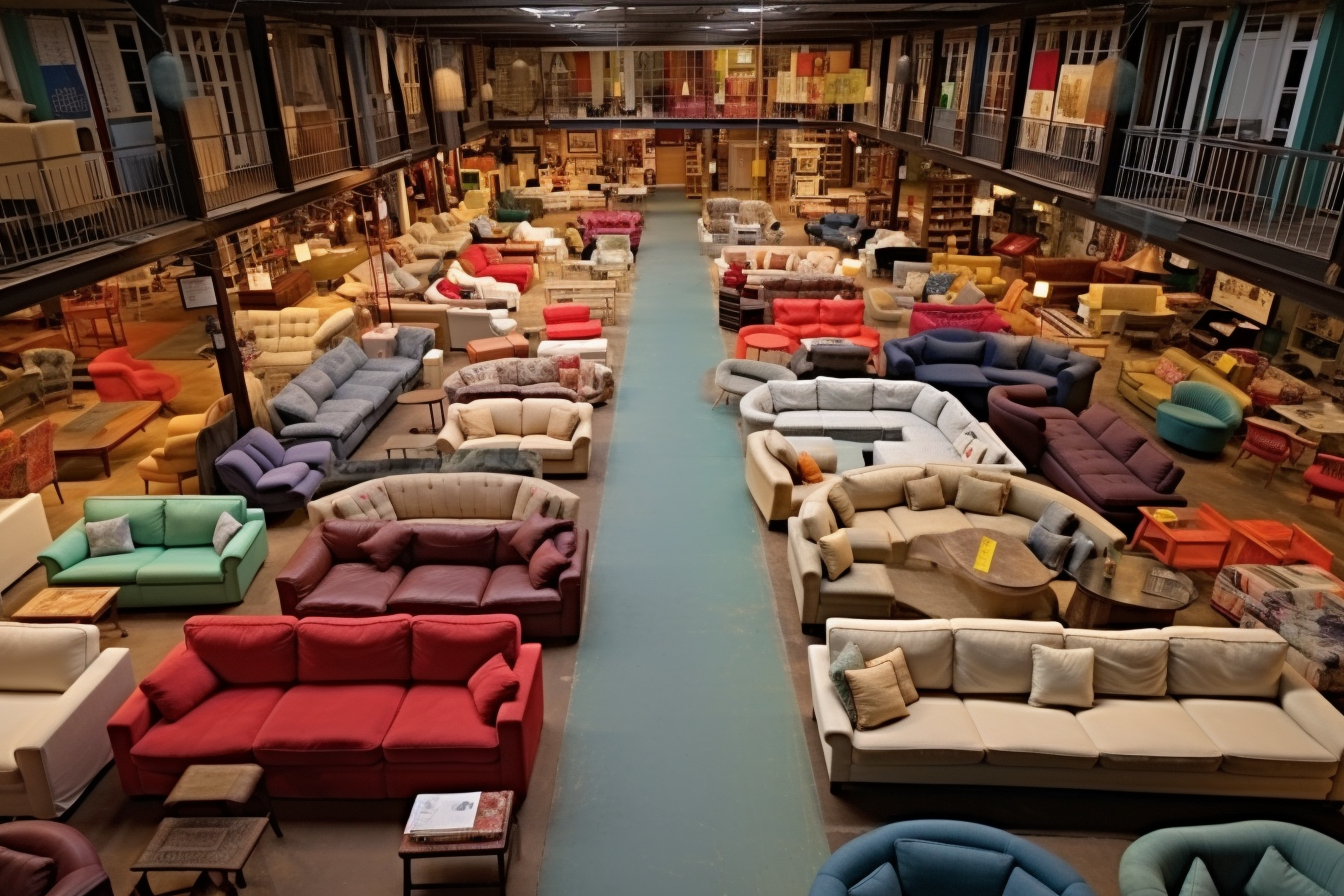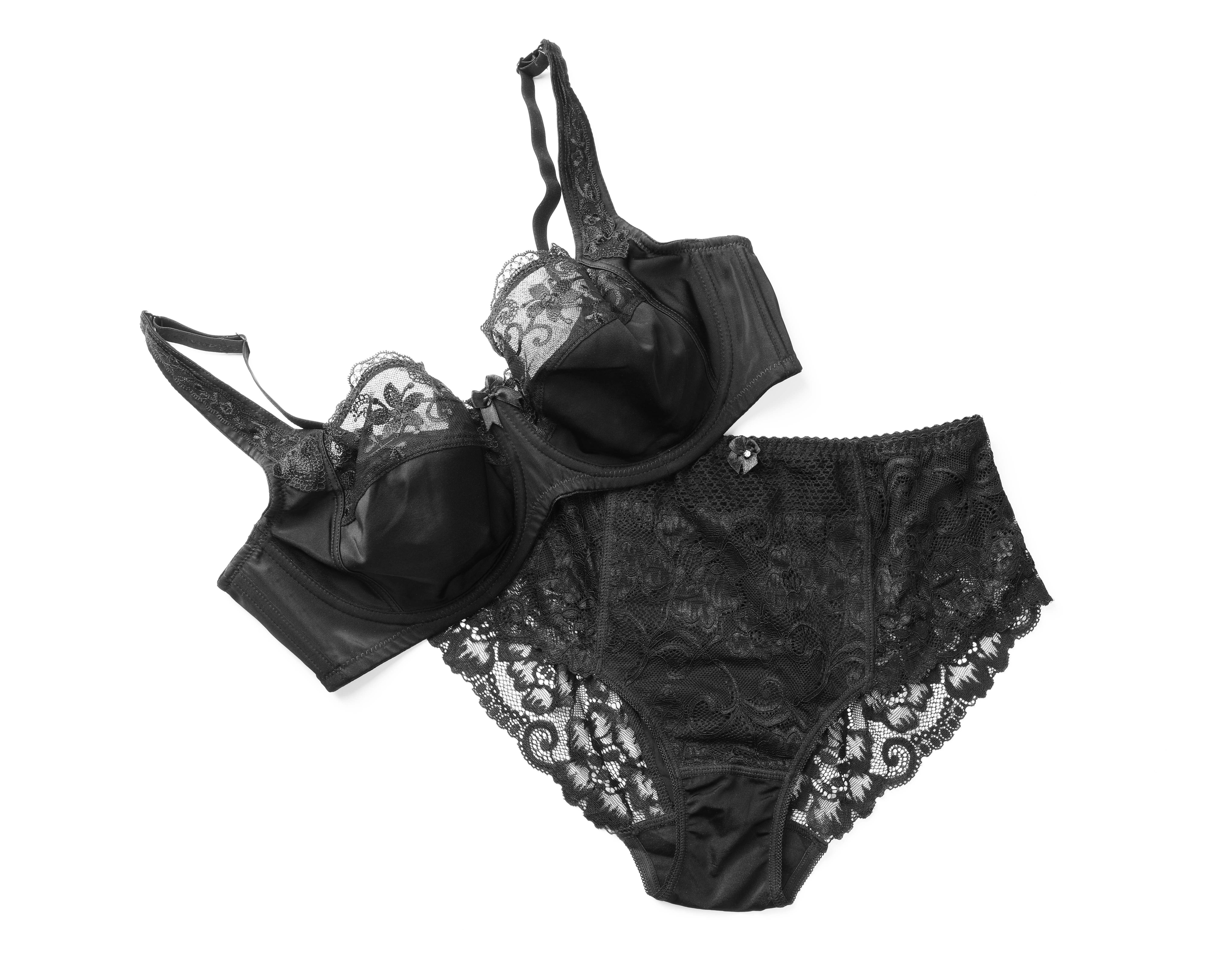Rediscovering the Charm of Wabi-Sabi: Imperfect Beauty in Home Design
Introduction: Dive into the world of Wabi-Sabi, a Japanese philosophy that embraces imperfection. It's a rising trend in home design, bringing a serene, organic feel to living spaces. Let's explore its origins, principles, and how it's transforming contemporary homes.

The Roots of Wabi-Sabi
Wabi-Sabi is an ancient Japanese philosophy that finds beauty in imperfection and impermanence. It’s a reaction against the striving for perfection and an appreciation for the humble and ordinary. The term “Wabi” refers to rustic simplicity, quietness, and understated elegance, while “Sabi” denotes the beauty or serenity that comes with age.
Wabi-Sabi in Home Design: An Emerging Trend
In recent years, Wabi-Sabi has surged in popularity in home design. The philosophy’s emphasis on embracing imperfections and celebrating natural materials resonates with the current trend towards authenticity and individuality in design. Wabi-Sabi interiors are characterized by simplicity, modesty, and an appreciation of the inherent beauty of natural objects and processes.
Practicality of Wabi-Sabi Design
Wabi-Sabi design is not only aesthetically pleasing but also practical. It encourages the use of natural materials that are durable, sustainable, and age gracefully. The philosophy’s emphasis on simplicity also minimizes clutter, creating more open and breathable spaces.
The Market for Wabi-Sabi
The appeal of Wabi-Sabi design extends beyond Japan and has caught the attention of consumers and designers worldwide. As society becomes increasingly digital and fast-paced, many people are drawn to the tranquillity and grounding effect of Wabi-Sabi interiors. It represents a return to basics and a celebration of what’s real and meaningful.
Implementing Wabi-Sabi in Your Home
To achieve a Wabi-Sabi aesthetic in your home, start by decluttering and simplifying your space. Choose natural materials like wood, stone, and metal and favor handmade pieces with character over mass-produced items. Embrace imperfections and the patina of age, whether it’s a crack in a wooden table or a faded vintage rug. Remember, in Wabi-Sabi, there’s beauty in imperfection.
In conclusion, Wabi-Sabi offers a fresh perspective on home design, one that celebrates imperfection, simplicity, and the beauty of the natural world. It’s a philosophy that can transform not only our homes but also our mindset, teaching us to appreciate the beauty in the everyday and the imperfect.




